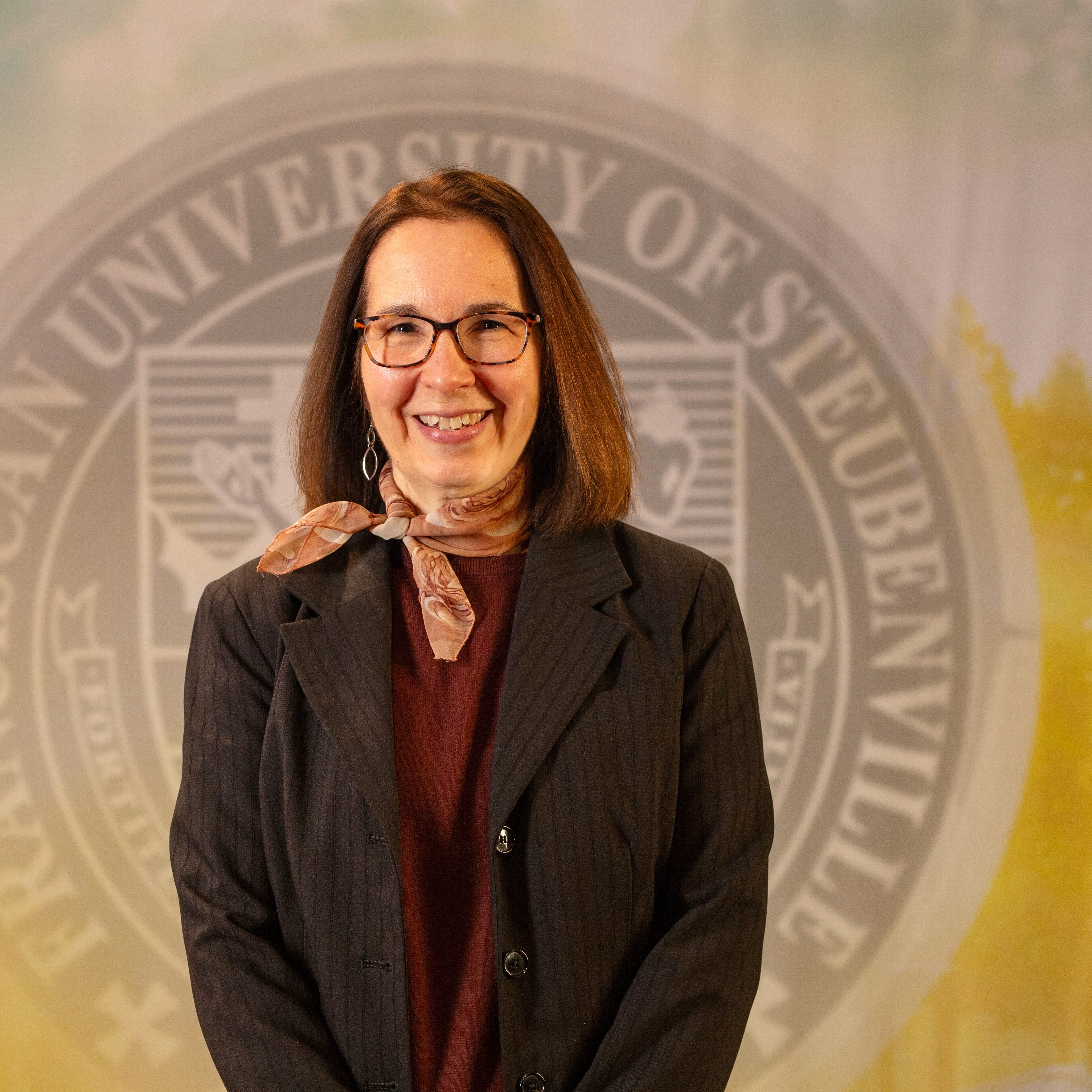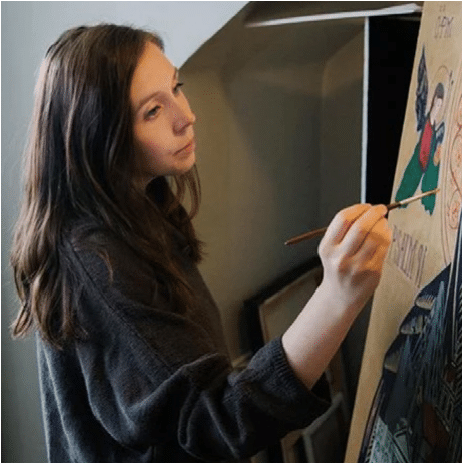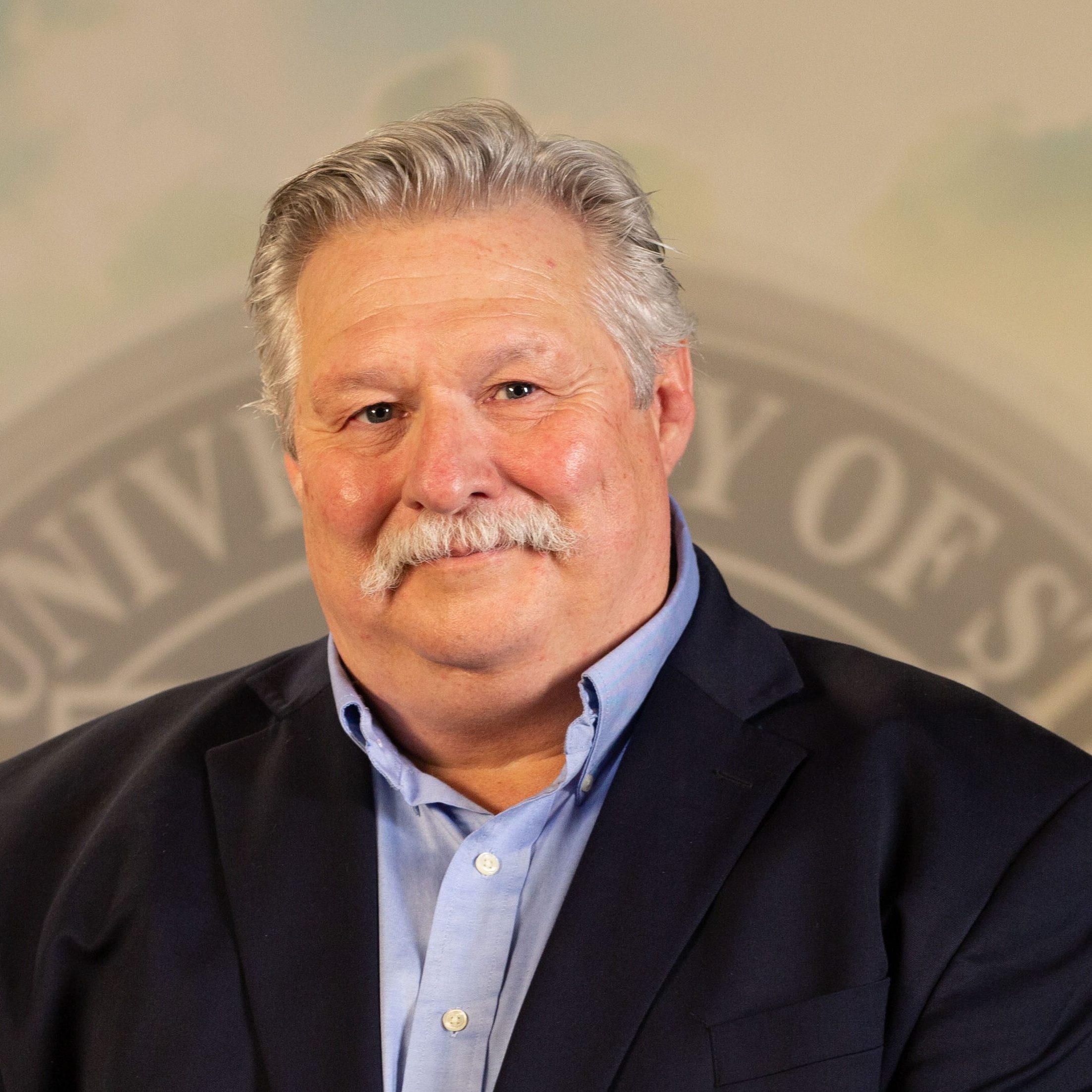Our “Vision for the Fine Arts” proceeds from Franciscan University of Steubenville’s “Philosophy of the Curriculum,” a statement approved by the full faculty, which links the University’s identity and goals as they are set out in the Mission Statement and their realization in the curriculum.
We are “a Catholic Franciscan university,” wherein professors and students unite themselves as a community of diverse scholars dedicated to the pursuit and attainment of truth. Following the methods appropriate to each academic discipline they “scrutinize reality,” as Pope John Paul II has put it in Ex Corde Ecclesiae, “to contribute to the treasury of human knowledge.” The knowledge and truths gained from the various disciplines are then set “in relation to each other so that they illuminate each other.”
Among the objects of our curriculum is the refinement of our students’ “artistic sensibilities” to better enable them to appreciate and understand the profound truths expressed in the fine arts – music, drama, poetry, literature, the visual arts, and dance. As a Catholic university we commit ourselves to the vision of art given in the Catechism of the Catholic Church. Created “in the image of God,” man also expresses the truth of his relationship with God the Creator by the beauty of his artistic works. Indeed, art is a distinctively human form of expression; beyond the search for the necessities of life which is common to all living creatures, art is a freely given super-abundance of the human being’s inner riches. Arising from talent given by the Creator and from man’s own effort, art is a form of practical wisdom, uniting knowledge and skill, to give form to the truth of reality in a language accessible to sight and hearing (No. 2501).
Emphatically, by our commitment to the Church’s vision of the fine arts, we do not intend to produce graduates who will make and appreciate only art that aspires to represent the teachings of the Church. It is not our intention to impose on our students, or even to formulate, a sort of magisterium for the fine arts. With St. Thomas Aquinas we hold that insofar as a work of art is good in itself, it glorifies God because it reflects God. Thus, in the words of the writer Flannery O’Connor, “the artist has his hands full and does his duty if he attends to his art. He can safely leave evangelizing to the evangelists.”
Still, the Church’s vision of the arts is a useful guide by which we hope to rescue the arts from a vulgar utilitarianism, on the one hand, and an exaggerated devotion to art for its own sake, on the other. For again, as the Catechism points out, the truths expressed in the arts must be “ordered to and ennobled by the ultimate end of man,” which is Jesus Christ, “the Logos,” and “the center of creation and of human history.” This christological focus comes from the heart of the Franciscan tradition that integrally forms the identity of Franciscan University of Steubenville.













